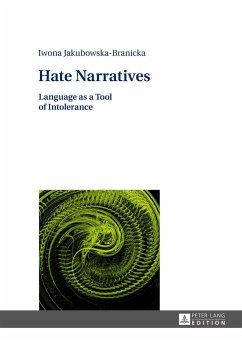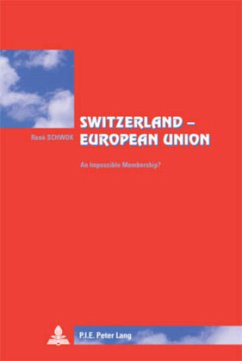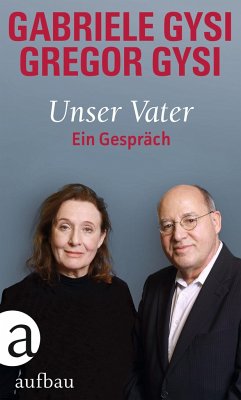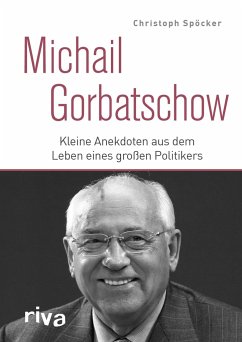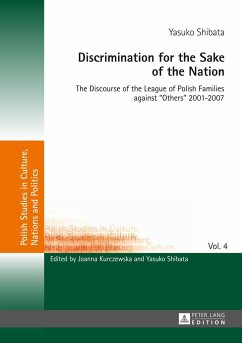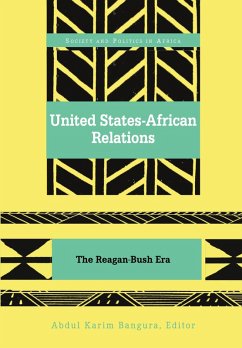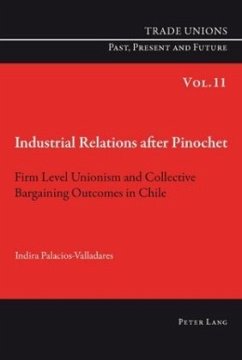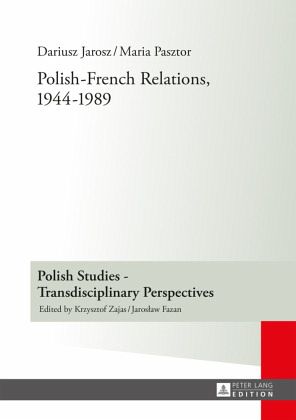
Polish-French Relations, 1944-1989
Translated by Alex Shannon
Herausgegeben: Fazan, Jaroslaw
Versandkostenfrei!
Versandfertig in 6-10 Tagen
116,25 €
inkl. MwSt.

PAYBACK Punkte
0 °P sammeln!
This monograph is a summary of research in twentieth-century Polish-French relations conducted by the authors over the course of many years. This relationship is shown against the background of the dynamic international situation. The structure for arguments made in this work consists of events from the years 1944 to 1989 and thus covers the period in which communists took power in Poland and stabilized and solidified their rule over the country. In addition to sections devoted to political relations, this work contains detailed discussion of economic issues as well as of cultural, academic, s...
This monograph is a summary of research in twentieth-century Polish-French relations conducted by the authors over the course of many years. This relationship is shown against the background of the dynamic international situation. The structure for arguments made in this work consists of events from the years 1944 to 1989 and thus covers the period in which communists took power in Poland and stabilized and solidified their rule over the country. In addition to sections devoted to political relations, this work contains detailed discussion of economic issues as well as of cultural, academic, scientific and educational questions. The authors devoted individual chapters to relations between the communist parties of both countries, arguing that actions taken by these parties influenced the shape of the relationship far beyond inter-party collaboration.



